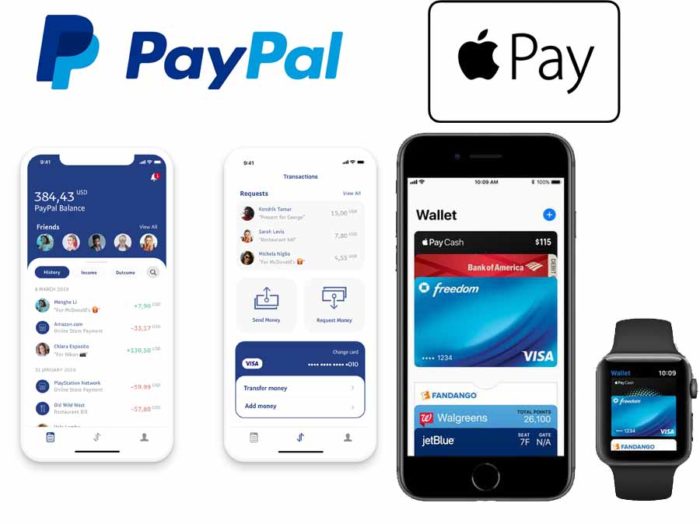In 2018, there was a humongous boom for cryptocurrencies. Almost every major corporation and their neighbor began using their form of cryptocurrency, while bitcoin soared into the tens of thousands of U.S. dollars. Towards the end of 2018, numerous data breaches and Ponzi schemes were made with Bitconnect (such as the infamous CryptoNick who deleted his YouTube when hit with the big lawsuit), and other coin trading websites helped to plummet the bitcoin market back to record lows. Then the owner of the New York Stock Exchange helped to keep it at a more regulated average price, bouncing it back up to a value of around $8,000 give or take.
Table of Contents
Unregulated Money

Bitcoin is by far the most popular and widely traded cryptocurrency. Some forecasters have it’s valley hitting one million dollars per coin in the future.
Bitcoin itself has hovered around the $7-$8k price range, and people haven’t been mining, trading, and so forth as much as they used to. Some vendors and retail companies even started accepting the most popular coins as forms of payment. At the same time, most of the coins had diminished to nearly nothing. People still use many of them, though, so it seems like it’s here to stay. The question is whether or not cryptocurrency is good for business.
The Question Remains
Okay, so we haven’t answered the question yet, but here it is. And hopefully, this explanation can help you and your business, no matter how big or how small:
Cryptocurrency Can Help

Apple Pay and PayPal were both doubted in their early stages, just like cryptocurrency has been.
Keep in mind that people were afraid of PayPal and Apple Pay at the beginning. Neither has been around for a very long time. Many people are still cautious about accepting payments in cryptocurrency, but in monetary value, it depends on your volume of product, your target market, and even your product prices. If you have higher rates that cost thousands of dollars, then maybe accepting cryptocurrency isn’t a bad idea. If you’re selling pencils that cost $0.25 apiece, you don’t want to try allowing people to pay with bitcoin, or you want to make sure it’s the best darn pencil on the planet!
Cryptocurrency Can Be a Wasted Endeavor

Creating a cryptocurrency for your business is probably not the answer to your financial woes. It’s not as easy as shorting frozen orange juice, that’s for sure!
Some companies decide to come up with their cryptocurrency still, and it’s not the thing to do. Simultaneously, once a person starts doing the trading and doesn’t know what they’re doing with all the different coins and currencies out there, even if they’re accepting payment with them all, they will ultimately perish. This can take a massive chunk out of taxes. Mining is pretty-well dead, although possibly profitable for more giant corporations. Mining depends on a fluctuation of cost vs. profit ratio, so it’s a business in itself, and ASIC miners (the only ones that appear to be profitable) can cost anywhere from the hundreds of dollars all the way to the thousands range.

These ASIC Miners are used to mine cryptocurrency. They may be mining Bitcoin, Ethereum, Monero, or several other coins.
Companies Shouldn’t Actively Seek Cryptocurrency Investment.
Unless you’re a successful investment banker or a finance professional, cryptocurrency may not be a wise decision, and you should never invest in it. However, you could allow your company to receive cryptocurrency payments to broaden your horizons, but you still need to be careful with it. Along with great freedom comes great responsibility.
“Accepting Bitcoin payments can help, but it’s generally not worth it!”
How Did We Come to This Conclusion?
First off, people need to realize that it is still counted as a form of income as a digital asset. The IRS and other tax offices for numerous governments recognize all cryptocurrency as virtual money, but it is still money. Any person or company with this currency has to pay taxes on it. If you made $1300 profit in Bitcoin, for example (0.15 BTC) by the beginning of the new tax year, then you have to pay 15% in taxes still. Failure to report these on taxes is considered a Federal crime.
It is generally a good investment when it comes to a secure way of keeping your money when it comes to self-banking functionality. Therefore, accepting payments can significantly help you with return on investment. Plus, there’s a chance for interest to grow as less and less of the coins become available. This has led many people to lean more towards smaller “altcoins” that branch off Bitcoin itself. Such popular coins are DASH, Ethereum, Litecoin, Monero, Ripple, and a handful more. Therefore, while it may be helpful, it can lead to wasted money for many smaller businesses. We’d love to talk more about cryptocurrency; why not send us a message?

